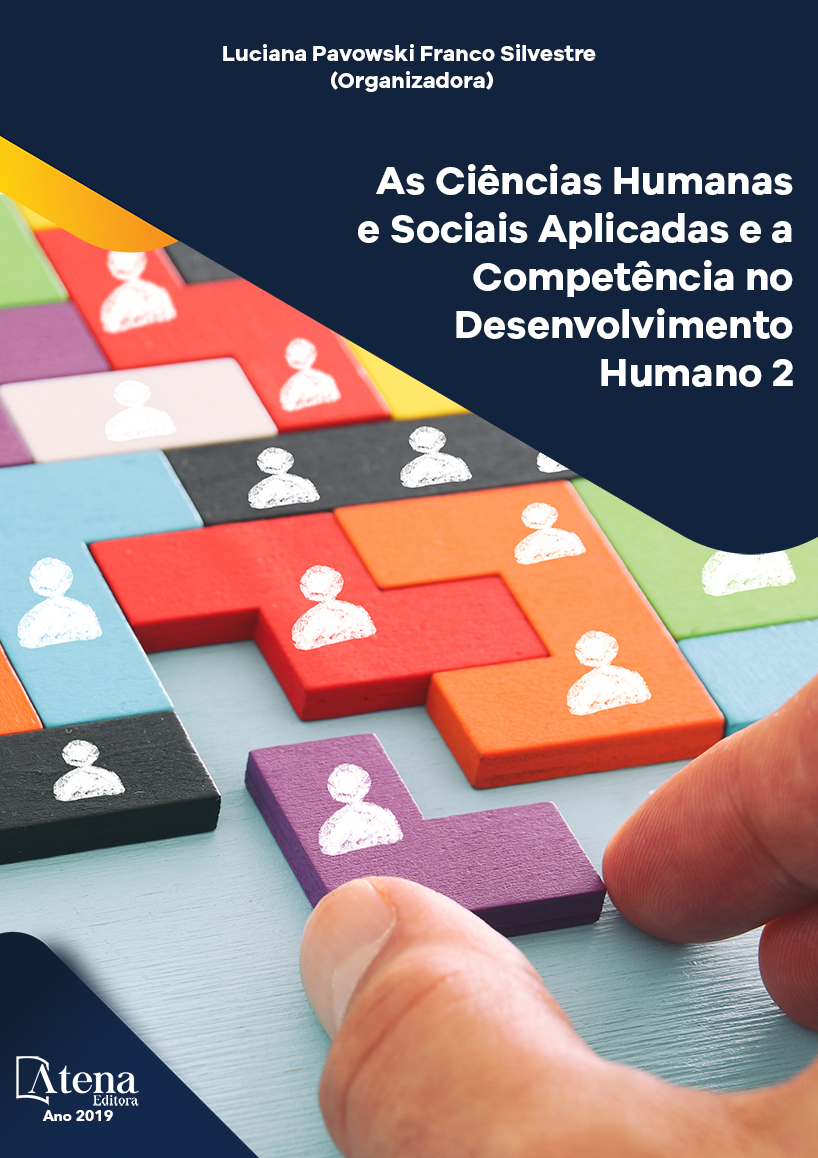
Metodologia IRDI nas creches: relato de experiência na rede pública e privada
Houve um aumento significativo no
número de crianças de 0 a 3 anos que frequentam
Centros de Educação Infantil (CEIs), tornandose
fundamental a análise das consequências
da coletivização precoce no desenvolvimento
subjetivo das crianças. Este artigo descreve
a experiência de acompanhamento de
educadoras de bebês de 0 a 18 meses de idade,
a partir da metodologia IRDI realizada em dois
CEIs, um da rede conveniada e outro da rede
privada, com objetivo de observar o impacto
das diferenças encontradas nestas instituições
em relação ao ambiente e ao cuidado com os
bebês em seu desenvolvimento psíquico. Este
artigo é um recorte da pesquisa Metodologia
IRDI: uma intervenção com educadores a partir
da psicanálise, desenvolvida em 2012 e 2013.
Analisou-se os IRDIs iniciais e finais de 17
crianças acompanhadas nessas instituições,
bem como o resultado da Avaliação Psicanalítica
aos 3 anos (AP3), articulando estes dados com
as diferenças observadas nas duas instituições.
Metodologia IRDI nas creches: relato de experiência na rede pública e privada
-
DOI: 10.22533/at.ed.15019060712
-
Palavras-chave: Creche, IRDI, desenvolvimento infantil.
-
Keywords: Day care, IRDI, child development
-
Abstract:
There was a significant increase
in the number of children aged 0 to 3 attending
Early Childhood Centers (CEIs), making it
fundamental to analyze the consequences
of early collectivization in the subjective
development of children. This article describes
the experience of accompanying educators of
babies from 0 to 18 months of age, based on
the IRDI methodology carried out in two CEIs,
one from the network and another from the
private network, in order to observe the impact
of the differences found in these institutions
in relation to the environment and the care of
the babies in their psychic development. This
article is a cut-off from the IRDI Methodology
research: an intervention with educators from
psychoanalysis, developed in 2012 and 2013. We analyzed the initial and final IRDIs
of 17 children followed at these institutions, as well as the result of the Psychoanalytic
Assessment at 3 years (AP3), articulating these data with the differences observed in
both institutions.
-
Número de páginas: 15
- Ana Paula Magosso Cavaggioni
- Michelle Cristine Tomaz de Oliveira
- Miria Benincasa


